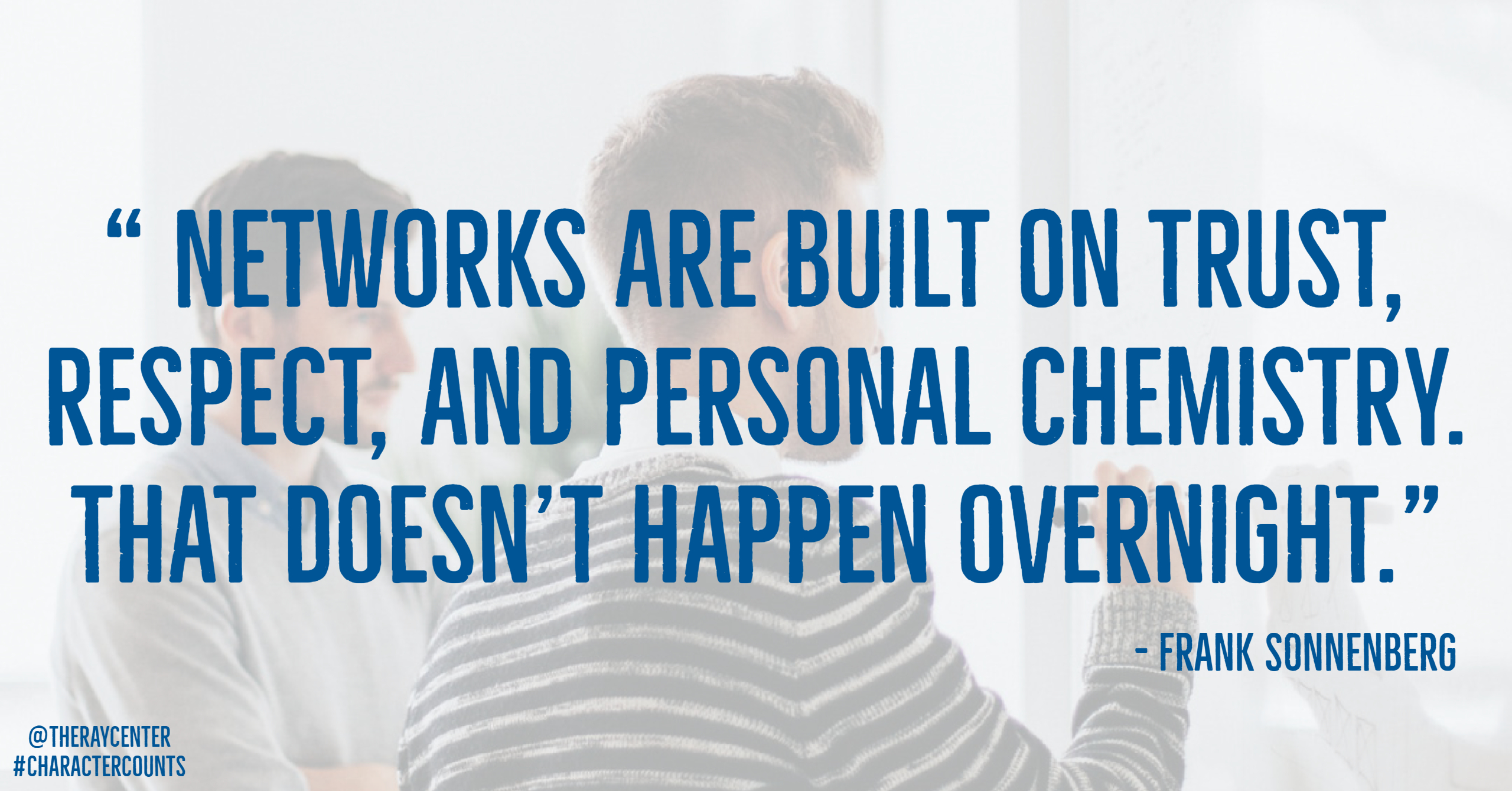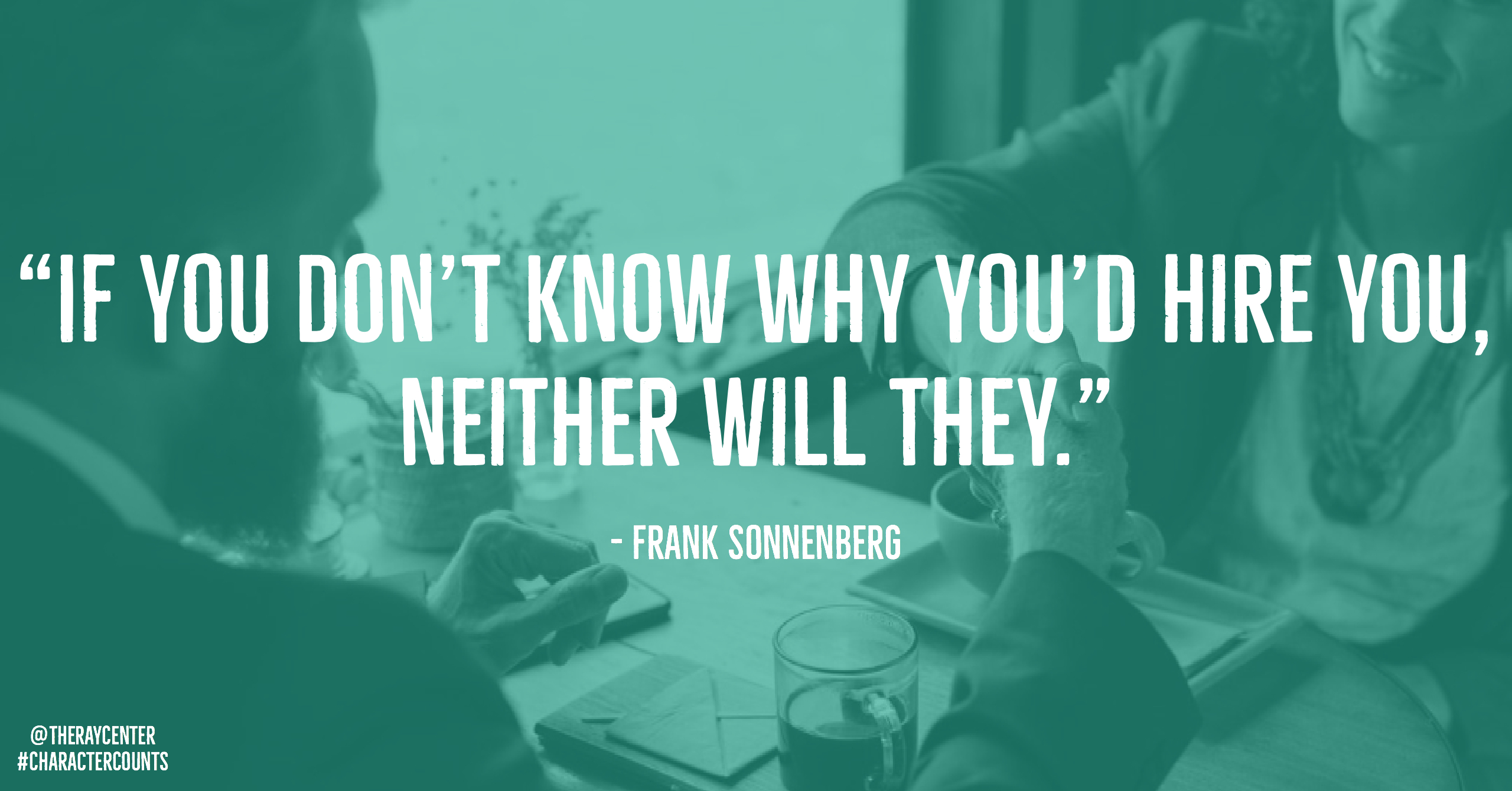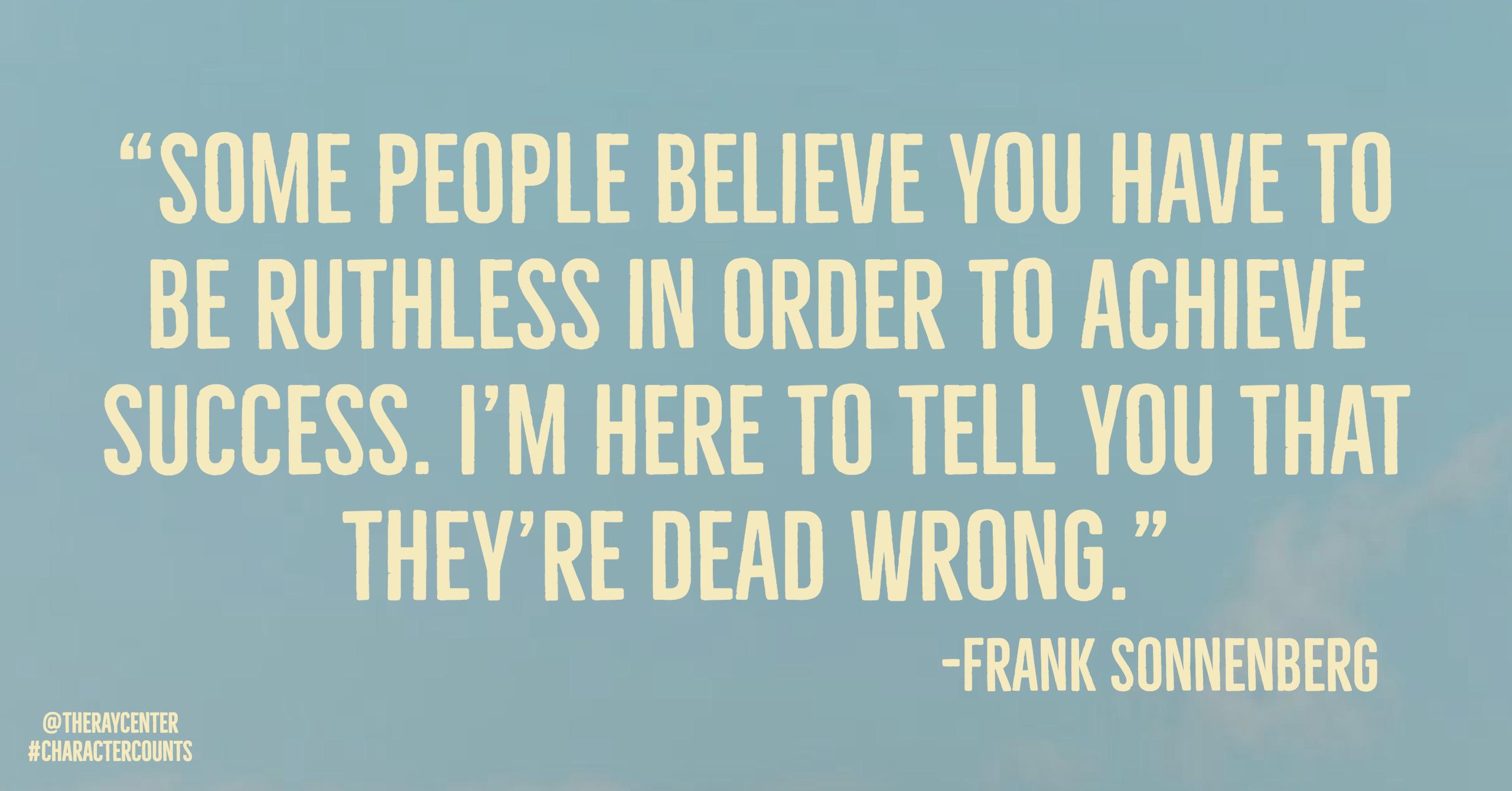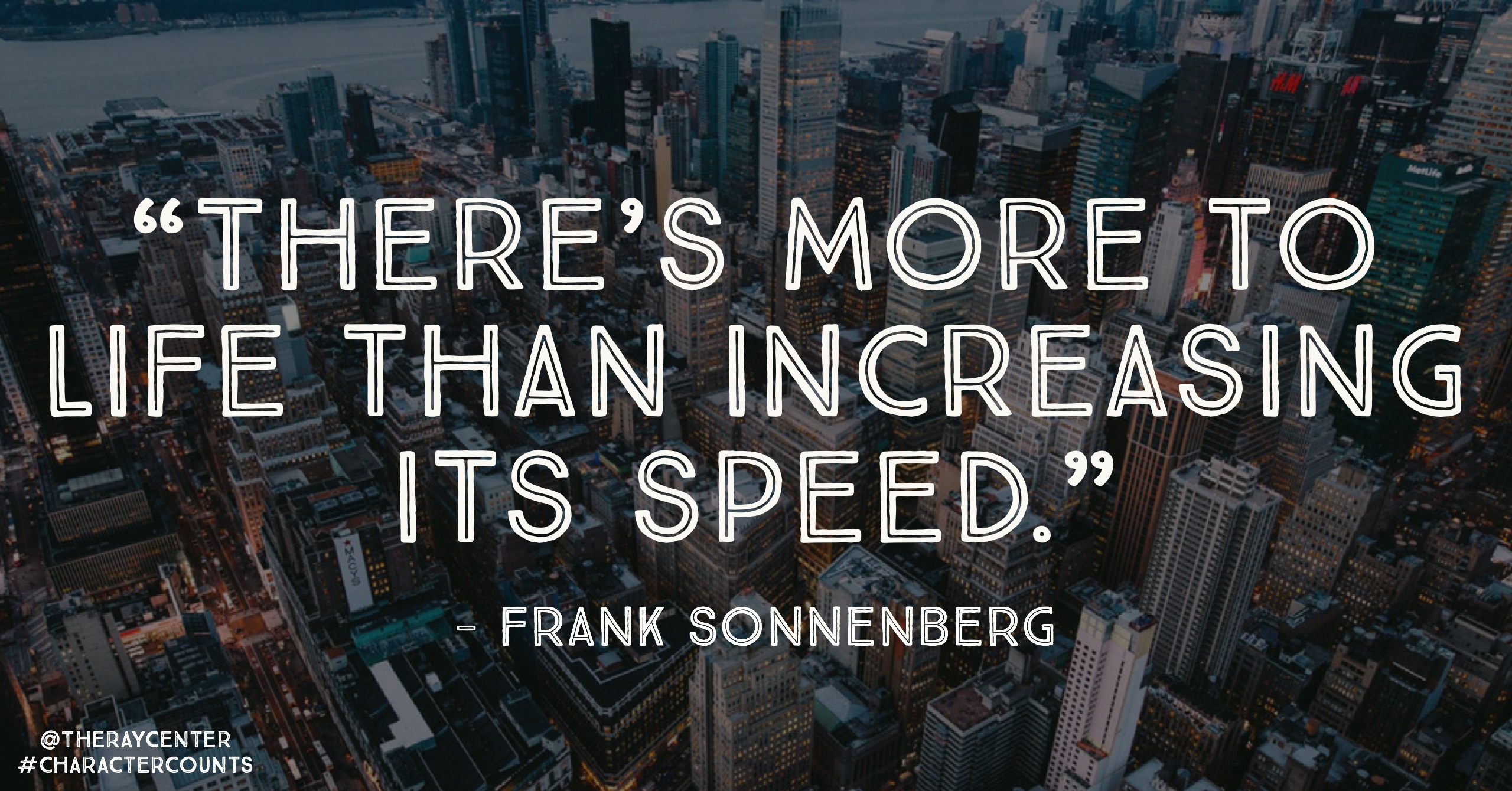
From our guest contributor, Frank Sonnenberg.
In today’s wonderful world of time-saving technologies, you’d think we’d be beneficiaries of an improved quality of life. More time for friends and family, more time to pursue personal interests, and more time to follow our dreams. Wrong! (So much for living in the fast lane.)
Despite these continuing advances, time saved has become time filled. Bombarded with added responsibilities, working families are faced with greater demands and obligations, increased stress levels, and tough choices to make between personal and professional commitments. In many cases, instead of living life to the fullest, we’re living life on the edge — cramming as much as we can into a day, scrambling to get ahead, and running rampant on what sometimes seems to be a never-ending pursuit of the almighty buck.
This is life now that hyper-speed Internet communication has connected us to the demands of a hyper-speed world. One where tomorrow is not good enough for answers needed today. One where the pace of life that we once knew has changed forevermore, slamming us into high gear — full rev…with no time for idling. And often, no time for breathing.
Too often, our “must-do” lists do not include doing something for ourselves. Like hamsters, we live on a non-stop treadmill running pointlessly to nowhere, as moments pass us by. The scene of the “Norman Rockwell family” gathered together around the table has, in many instances, been replaced with that of working parents struggling to make ends meet. And children are being raised by others while we embrace a frantic daily work ritual. In short, we are becoming “absentee parents,” losing opportunities to spend quality time with our children.
This is life.
Or, perhaps better stated…this is life?
Sadly, we are losing the priceless things that we once treasured. An extra hour or two to putter around the house, the joy of watching a child’s first steps, or taking time to make our favorite chocolate chip cookies from scratch using grandma’s recipe. And — home-cooked meals? Who has the time?
Today, those home-cooked meals we once enjoyed have been replaced by take-out dinners or a quick stop at the drive-through window. Family meals around the table have been reduced to grabbing a bite with anyone who happens to be home at the time, rather than “being a family” at least once during the day. Family conversations are fast disappearing, and what once was quality family time has now evolved to a drone-like fixation on a mega-sized TV screen, fighting for possession of the remote.
Even those special occasions we once anticipated and celebrated have been reduced in significance. For example, many holidays have become over-commercialized, and we find ourselves looking at them as “days off,” rather than pausing to reflect on their true meaning and sharing them as a family, as a community, and as a united nation. And the care and time once spent thinking about buying, or making, just the right gift has, in many cases, been replaced with gift certificates — that is, if we can remember the occasion in the first place. These pleasures are often lost in the blur of living life in the fast lane, gone because we fail to hit the pause button and put our lives back into perspective. In many cases, we’re becoming worker ants with tunnel vision.
The sobering fact is that there will come a point in time when we sit back, or more likely collapse in exhaustion, wondering what we’ve gained from this frenetic race called life. And in those moments of retrospection, will we really regret that missed promotion, the rejected proposal, or not being able to buy the bigger house? Or will we ponder our failed relationships — the feelings left unshared with someone we love, or the precious time lost with our children? Sadder yet, will we find ourselves living in a society where future generations accept these values as the norm?
Attention, Fellow Homo sapiens!
This is your wake-up call before it’s too late — the early warning signal to get a perspective on the things that matter.
Make time for yourself — if only just a few minutes — to reflect and regain some perspective — where you can redirect, realign, and realize a better, more rewarding life.
As authors, we find that we, too, are very much a part of this hyper-speed lifestyle that we’re all living. We’re no better than the next hardworking parent or individual trying to keep it all together. But, in our quieter moments, we do realize that there is a need to slow down…to put on the brakes and consider those values that are most important in life.
So take a moment to replenish your energies, re-establish your priorities, and re-introduce yourself to those things you once held close to your heart. There’s more to life than increasing its speed.
For more information on being conscientious and mindful, click here.
This is adapted from BOOKSMART: Hundreds of real-world lessons for success and happiness by Frank Sonnenberg released November 2016.
 Frank is an award-winning author. He has written six books and over 300 articles. Frank was recently named one of “America’s Top 100 Thought Leaders” and one of America’s Most Influential Small Business Experts. Frank has served on several boards and has consulted to some of the largest and most respected companies in the world. Additionally, FrankSonnenbergOnline was named among the “Best 21st Century Leadership Blogs,” among the “Top 100 Socially-Shared Leadership Blogs,” and one of the “Best Inspirational Blogs On the Planet.” Frank’s new book, BookSmart: Hundreds of real-world lessons for success and happiness was released November 2016. © 2018 Frank Sonnenberg. All rights reserved.
Frank is an award-winning author. He has written six books and over 300 articles. Frank was recently named one of “America’s Top 100 Thought Leaders” and one of America’s Most Influential Small Business Experts. Frank has served on several boards and has consulted to some of the largest and most respected companies in the world. Additionally, FrankSonnenbergOnline was named among the “Best 21st Century Leadership Blogs,” among the “Top 100 Socially-Shared Leadership Blogs,” and one of the “Best Inspirational Blogs On the Planet.” Frank’s new book, BookSmart: Hundreds of real-world lessons for success and happiness was released November 2016. © 2018 Frank Sonnenberg. All rights reserved.
Learn more about character education.
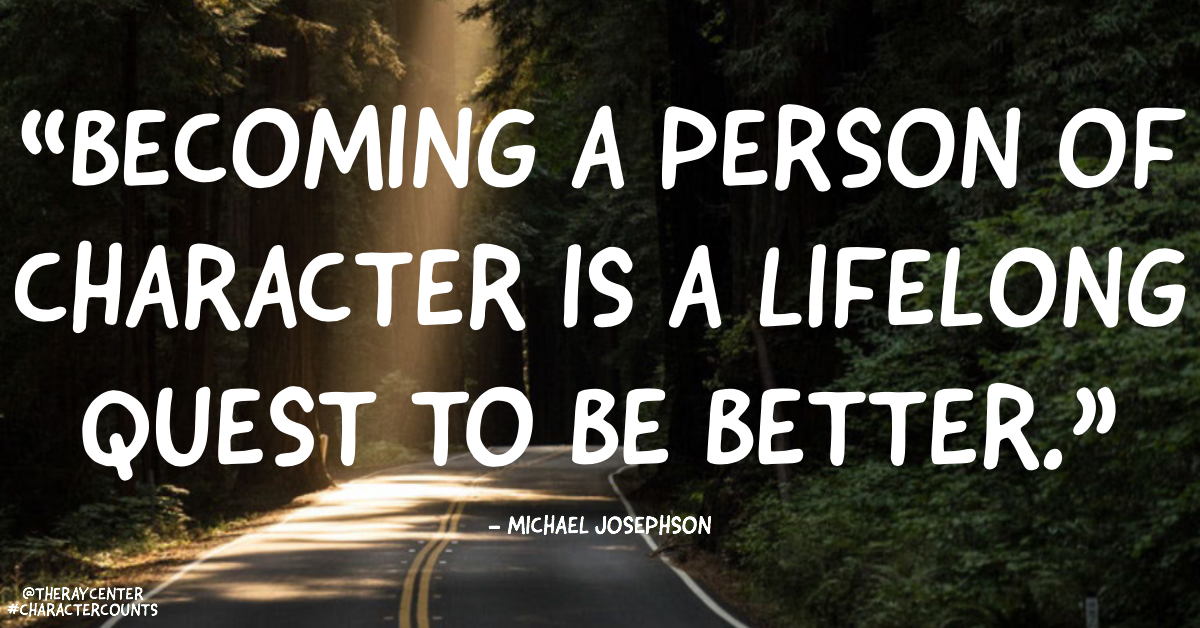
 Michael Josephson is an influential and internationally renowned champion of character education for youth and ethical conduct in business, government, policing, journalism, sports, healthcare and law. He is credited by many as the person most responsible for reviving and professionalizing the character education in school and youth-serving organizations. In 1992, under the auspices of the Josephson Institute he created CHARACTER COUNTS!, the world’s most widely implemented character development initiative based on a common language of shared values – the Six Pillars of Character) and Pursuing Victory With Honor (1996), a companion program promoting ethics in sports.
Michael Josephson is an influential and internationally renowned champion of character education for youth and ethical conduct in business, government, policing, journalism, sports, healthcare and law. He is credited by many as the person most responsible for reviving and professionalizing the character education in school and youth-serving organizations. In 1992, under the auspices of the Josephson Institute he created CHARACTER COUNTS!, the world’s most widely implemented character development initiative based on a common language of shared values – the Six Pillars of Character) and Pursuing Victory With Honor (1996), a companion program promoting ethics in sports.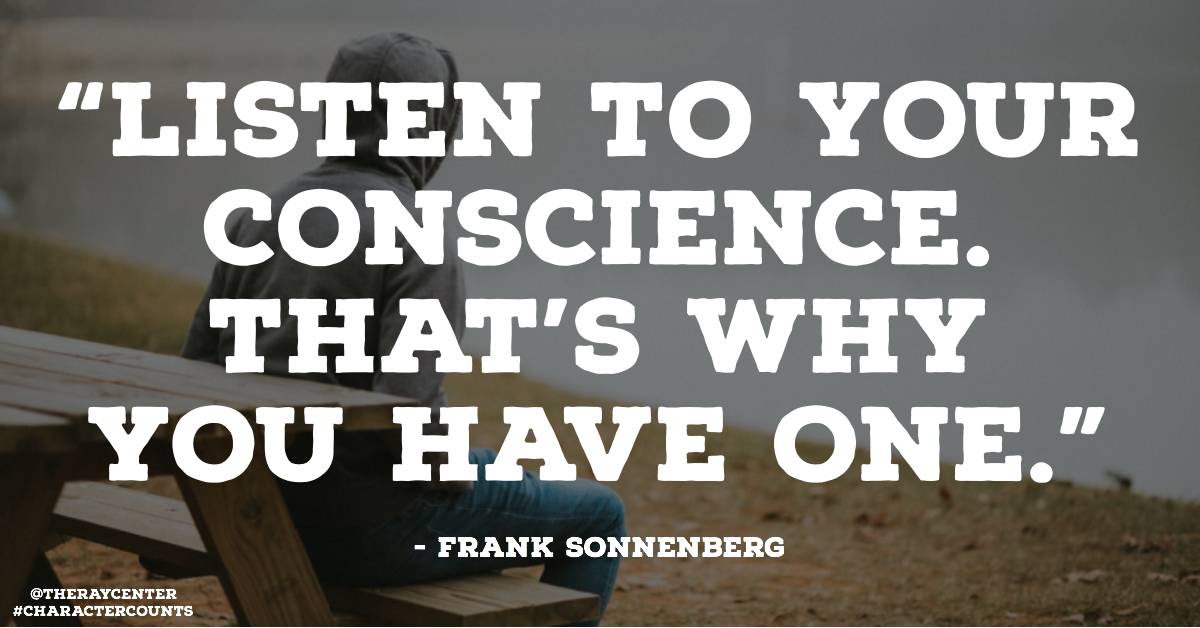
 Frank is an award-winning author. He has written six books and over 300 articles. Frank was recently named one of “America’s Top 100 Thought Leaders” and one of America’s Most Influential Small Business Experts. Frank has served on several boards and has consulted to some of the largest and most respected companies in the world. Additionally, FrankSonnenbergOnline was named among the “Best 21st Century Leadership Blogs,” among the “Top 100 Socially-Shared Leadership Blogs,” and one of the “Best Inspirational Blogs On the Planet.” Frank’s new book, BookSmart: Hundreds of real-world lessons for success and happiness was released November 2016. © 2018 Frank Sonnenberg. All rights reserved.
Frank is an award-winning author. He has written six books and over 300 articles. Frank was recently named one of “America’s Top 100 Thought Leaders” and one of America’s Most Influential Small Business Experts. Frank has served on several boards and has consulted to some of the largest and most respected companies in the world. Additionally, FrankSonnenbergOnline was named among the “Best 21st Century Leadership Blogs,” among the “Top 100 Socially-Shared Leadership Blogs,” and one of the “Best Inspirational Blogs On the Planet.” Frank’s new book, BookSmart: Hundreds of real-world lessons for success and happiness was released November 2016. © 2018 Frank Sonnenberg. All rights reserved.


 Frank is an award-winning author. He has written six books and over 300 articles. Frank was recently named one of “America’s Top 100 Thought Leaders” and one of America’s Most Influential Small Business Experts. Frank has served on several boards and has consulted to some of the largest and most respected companies in the world. Additionally, FrankSonnenbergOnline was named among the “Best 21st Century Leadership Blogs,” among the “Top 100 Socially-Shared Leadership Blogs,” and one of the “Best Inspirational Blogs On the Planet.” Frank’s new book, BookSmart: Hundreds of real-world lessons for success and happiness was released November 2016. © 2018 Frank Sonnenberg. All rights reserved.
Frank is an award-winning author. He has written six books and over 300 articles. Frank was recently named one of “America’s Top 100 Thought Leaders” and one of America’s Most Influential Small Business Experts. Frank has served on several boards and has consulted to some of the largest and most respected companies in the world. Additionally, FrankSonnenbergOnline was named among the “Best 21st Century Leadership Blogs,” among the “Top 100 Socially-Shared Leadership Blogs,” and one of the “Best Inspirational Blogs On the Planet.” Frank’s new book, BookSmart: Hundreds of real-world lessons for success and happiness was released November 2016. © 2018 Frank Sonnenberg. All rights reserved.